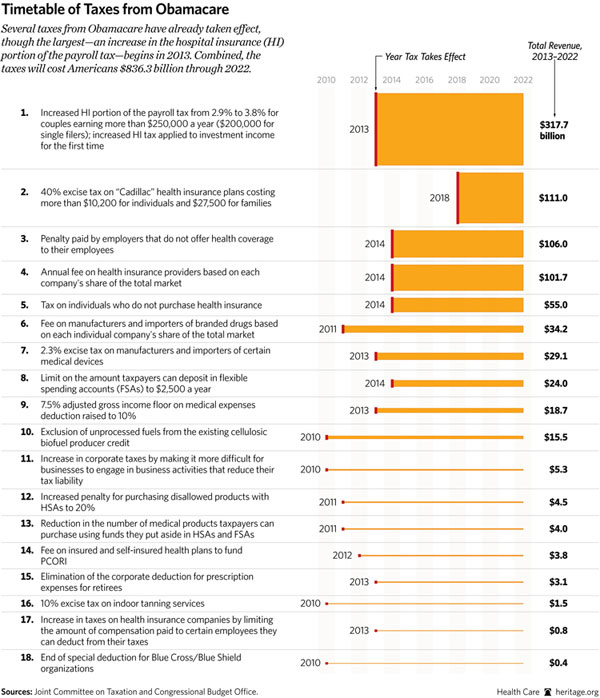After the Obama administration revealed it would not enforce the employer mandate — a requirement that large companies provide their employees health insurance — until January 2015, the House quickly passed a measure that would not only codify that delay, but put off the individual mandate by one year as well.
mandate — a requirement that large companies provide their employees health insurance — until January 2015, the House quickly passed a measure that would not only codify that delay, but put off the individual mandate by one year as well.
The CBO found that just a one-year delay of the individual mandate would save $35 billion over ten years. But the basic cost structure of the Affordable Care Act would remain intact.
“I never thought I’d see the day when the White House, this president, came down on the side of big business, but left the American people out in the cold as far as this health care mandate is concerned,” House Majority Leader Eric Cantor said.
Eric Cantor said.
Cantor’s message carried over even to some in the President’s own party. The “Fairness for American Families Act” is one of many Republican-dominated efforts to delay certain aspects of Obamacare, but this time it received bipartisan support: 22 House Democrats bucked their own party and voted for the bill, which President Obama vowed to veto.
carried over even to some in the President’s own party. The “Fairness for American Families Act” is one of many Republican-dominated efforts to delay certain aspects of Obamacare, but this time it received bipartisan support: 22 House Democrats bucked their own party and voted for the bill, which President Obama vowed to veto.
The White House charged that the House legislation “would raise health insurance premiums and increase the number of uninsured Americans.”
Keeping the individual mandate the law of the land is vital to the success of Obamacare exchanges. High participation in the exchanges, especially by the young and the healthy, is necessary to keep premiums low.
of Obamacare exchanges. High participation in the exchanges, especially by the young and the healthy, is necessary to keep premiums low.
Not enforcing the employer mandate while still requiring individuals to purchase health insurance would have increased participation in Obamacare exchanges, piling on an additional $3 billion in subsidies, according to the CBO. Presumably this cost would be nullified by the House bill to delay the individual mandate.
Via: Daily CallerContinue Reading....











